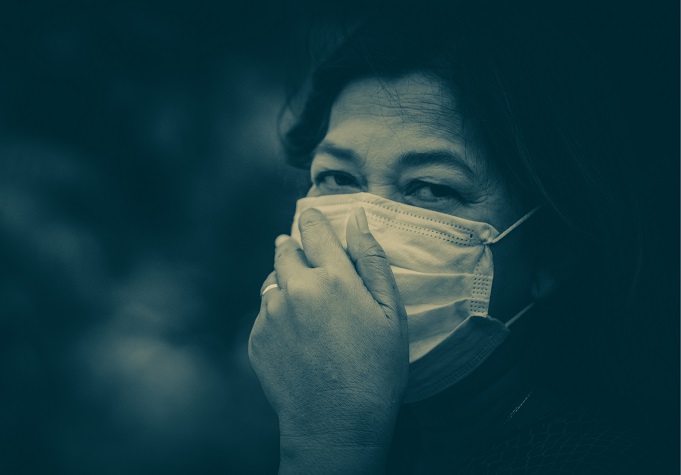From income to housing to addressing racism and more, a new guideline proposes 13 ways to address inequities exposed and worsened by COVID-19 in the pandemic recovery period. The guidance is published in CMAJ (Canadian Medical Association Journal).
If not addressed, these inequities will continue to threaten the health of many Canadians.
“Coordinated pandemic responses include efforts to return life to ‘normal’ after the immediate threat, but the COVID-19 pandemic has underscored the need to address inequities rather than resume the unfair status quo,” writes Dr. Nav Persaud, a family physician at St. Michael’s Hospital, Unity Health Toronto, scientist and Canada Research Chair in Health Justice at MAP Centre for Urban Health Solutions, and associate professor, University of Toronto, with coauthors.
The authors define the pandemic recovery period as the stage when the direct harms of COVID-19 abate, but their recommendations may need to be in place for months, years or as permanent solutions.
Thirteen recommendations to address health inequities:
Income
- Ensure a living income
- Universal unemployment insurance, parental leave and paid sick leave
- Affordable loans
Housing
- Expand permanent supportive housing programs
- Expand access to eviction prevention, legal services and financial advice
Intimate partner violence
- Legal advocacy and supportive interventions for victims
Childhood
- Expand publicly funded childcare
- Healthy food distribution to children
Access to health care
- Expand access to opioid substitution therapy and supervised injection sites
- Expand HIV and HCV screening for people at high risk
- Include prescription medicines in Canada’s publicly funded health care system
- Improve health care for people who are incarcerated
Racism
- Action on previous recommendations to address anti-Indigenous discrimination and anti-Black racism
Addressing racism is particularly important, as racialized people were disproportionately affected during the pandemic, with higher rates of SARS-CoV-2 infections and deaths.
With heightened awareness of inequities and a commitment from the federal government to reduce poverty by 50% by 2030, the time to act is now.
“The pandemic recovery period represents an opportunity to address health inequities that have led to an unfair distribution of the burden and harms of COVID-19. Policy changes at the federal, provincial and municipal levels that promote health equity had been studied before this pandemic, and they should be implemented before the next one,” the authors conclude.
To help implement the guideline, additional materials are available on the MAP Centre for Urban Solutions website.
“It is the societal and structural problems that abetted the spread of SARS-CoV-2 — not the pandemic’s economic effects — that have made COVID-19 such a devastating crisis. COVID-19 has taught us about the dangers of weaknesses in the fabric of society. Canada’s policy-makers would do well to follow Persaud and colleagues’ suggestion that postpandemic policy-making centre equity to ensure that all Canadians can benefit, and to protect against looming future threats,” writes Dr. Kirsten Patrick, interim editor-in-chief, CMAJ, in a related editorial.
“Recommendations for equitable COVID-19 pandemic recovery in Canada” is published December 13, 2021.


